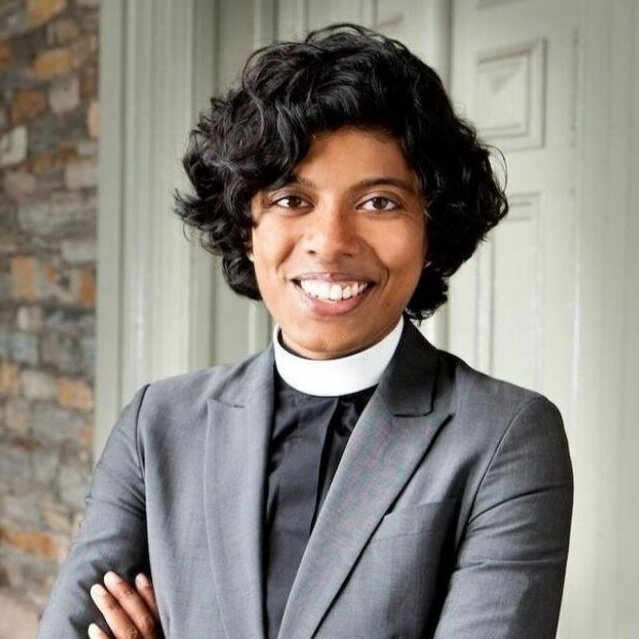Church Anew Blog
Get Updates in Your Inbox
Want to stay up-to-date with the Church Anew Blog? Sign up for our weekly blog round-up.
Martha Martha Dragon Slayer (Luke 10:38-42)
Why is it different here? What is so different about Martha that her “ministry” becomes “tasks” and “meal prep”? It is curious, indeed.
Let the Words…
What about when I open the door for someone whose arms are full? When I stopped to smell the lilacs while walking in my neighborhood? When I didn’t respond to that mean email with another mean email? Let this offering be acceptable, O Lord.
Chat GPT as a Preaching Resource: Everything and Nothing All At Once
Ryan Panzer writes about the growing influence of artificial intelligence upon our society, wondering whether and how pastors should use this new technology in the service of God.
A Walk In Beauty
The Rev. Winnie Varghese delivers a sermon covering indigeneity, Elijah's sojourn in the wilderness, and how to connect with those who show us hospitality.
An Analgesic Faith: Reflections on Psalm 77
Lent has recently become Dr. Michael J. Chan's favorite season in the church year. The 40 Lenten days commemorate Jesus' time in the wilderness, where he was tempted both by the devil and the harsh environment.
Difference Is a Gift (Acts 2:1-11)
The story of Pentecost (Acts 2:1-11) makes us wonder about a different world and helps us understand how God sees our differences.
Pentecost, Prejudice, and Pandemic
Pentecost burns away our baseless assumptions in a fire from heaven. Pentecost is no party this year.
EXPLORE OUR ARCHIVE OF ARTICLES FROM
Walter Brueggemann
Get Updates in Your Inbox
Want to stay up-to-date with the Church Anew Blog? Sign up for our weekly blog round-up.









